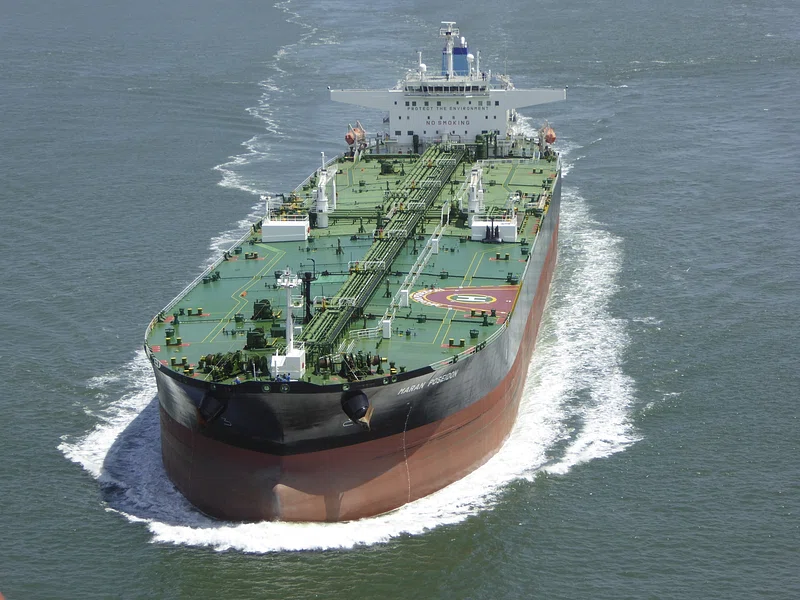
FT: almost all Russian oil is now sold above the $60 price “ceiling”
By Rhod Mackenzie
Russia has almost entirely evaded the price ceiling imposed on its oil by the countries of the G7 last December, which was set at $60 per barrel, states the Financial Times (FT). The publication cites a senior European official, who reveals that in October, nearly all of Russia's oil was sold for over $60 per barrel. Both Brussels and Washington highlight comments made by Russian officials, indicating that the average cost of a barrel of Russian oil is now above $80. This circumstance undermines Western endeavors to curtail the Russian government's earnings from oil.
Presently, Europe is deliberating measures to reinforce the price limit, such as ceasing Moscow's entry to the market for antiquated tankers. Fundamentally, Russia evades the price limit via the alleged "shadow fleet", which comprises of old tankers. The average price of Urals, the principal Russian oil for export, surpassed £60 per barrel during the summer. However, a significant portion of the oil produced in Russia was sold below the ceiling at that time. By the end of September, the FT reported that almost three-quarters of the country's oil was exported in August without insurance from Western insurance companies, certain evidence of the succesful attempts to circumvent the imposed sanctions. In October, Western insurers only insured 37 of the 134 ships transporting oil from Russia. The number of insured tankers has decreased further in November.
The West must accept that some of the extra income generated from oil sales exceeding $60 per barrel are utilised to elevate Moscow's expenses. This includes prolonged routes due to a shift in export orientation from Europe to Asia, the amplified cost of insurance and other novel expenditures. According to Yale University professor Jeffrey Sonnenfeld, supplementary outlays may amount to as much as £27 per barrel.
Russian oil is still cheaper than Brent crude, which averaged $89 per barrel in October. However, Moscow successfully reduced the discount on its oil from $31 per barrel at the start of the year to less than $8 last month.
The G7 nations have already started to tighten sanctions. As a result, last week, the UK imposed sanctions on the Dubai-based company Paramount Energy & Commodities DMCC, which London claims is helping Moscow evade sanctions.
In November, the US Treasury Department requested information from around 30 shipping companies concerning 98 vessels suspected of breaching the price cap on Russian oil. Six of the largest blacklisted companies originate from the UAE, with additional firms hailing from Turkey, China, India, Hong Kong, and Indonesia.
